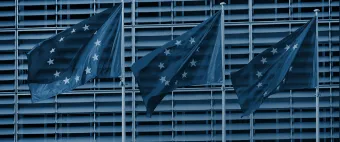The Prospective of the Western Balkans to the EU Membership: Challenges and Possible Ways Forward

The Prospective of the Western Balkans to the EU Membership: Challenges and Possible Ways Forward
Executive summary
The integration of the Western Balkan countries into the European Union (EU) remains a slow process. The EU’s focus on the war in Ukraine and sanctions on Russia has negatively affected these countries’ motivation to proceed with the reforms needed to join the EU. Their aim is to become part of the EU family, but a real commitment and productive interaction from both sides that will lead to such an integration is an essential requirement. This Geneva Paper aims to develop recommendations for what can be done to allow the Western Balkan countries to join the EU as soon as possible.
Dr Anila Jelesijević is a Postdoctoral Fellow in the Geneva Centre for Security Policy’s Global Fellowship Initiative, and received her PhD in Political Sciences from the University of Belgrade, Serbia. She is also the Senior Information Management Assistant and Media Analyst at the Embassy of Switzerland in Belgrade. She has authored academic articles on Serbia’s military neutrality; European integration; the Kosovo independence proclamation; and the issue of the recognition of the independence of Abkhazia, South Ossetia, and Crimea.
Disclaimer: The views, information and opinions expressed in this publication are the author’s own and do not necessarily reflect those of the GCSP or the members of its Foundation Council. The GCSP is not responsible for the accuracy of the information.
